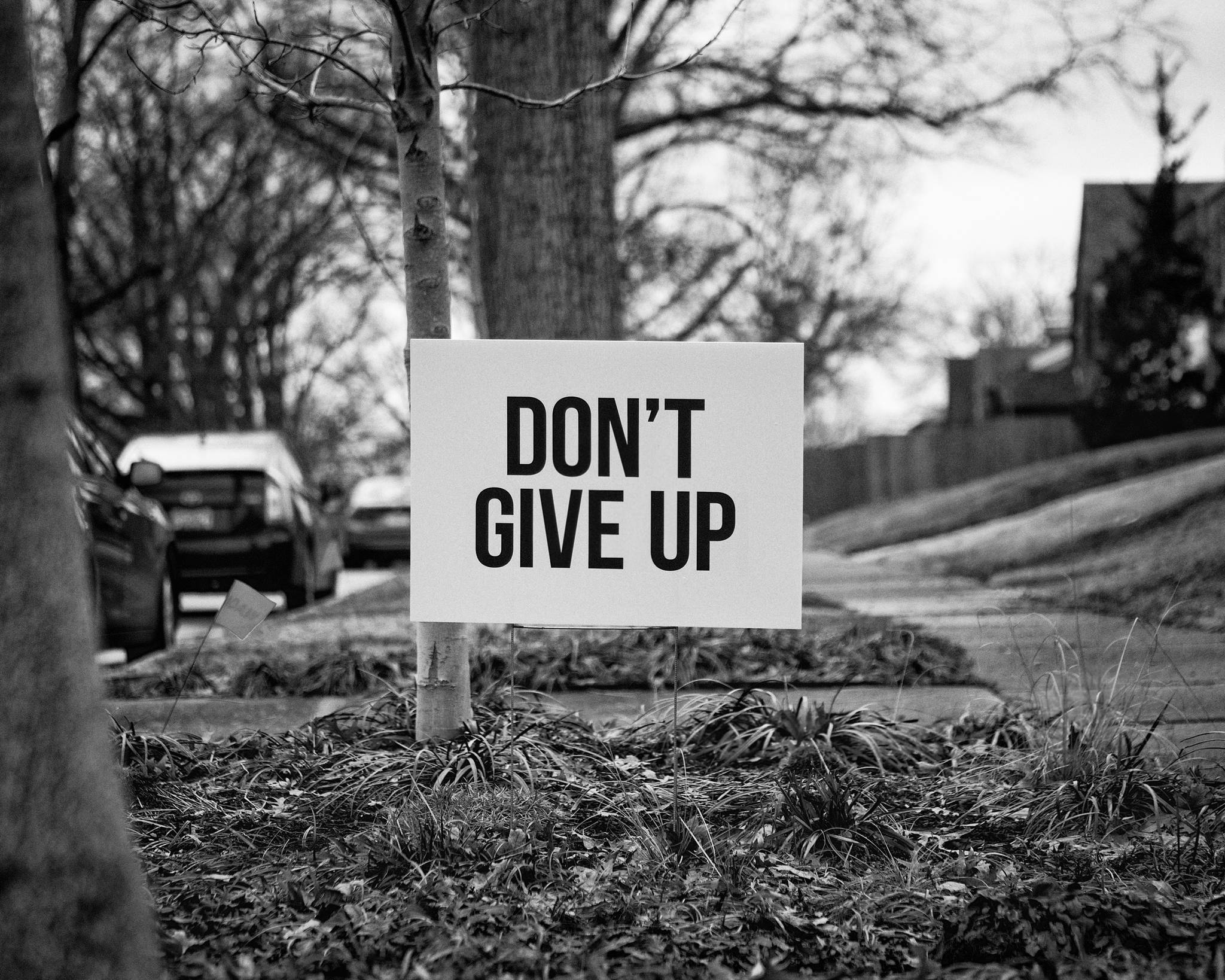By Susan Kendig
Alaskans have endured COVID-19 restrictions for almost a year and we’re exhausted. Unfortunately, the virus that causes COVID-19 is still out there and we’re not close to achieving the herd immunity needed to stop the pandemic, so precautions remain necessary to mitigate its spread. Thankfully, we now know much more about preventing spread of the virus and how to treat it than we did a year ago. In fact, Juneau’s COVID-19 alert status dropped from severe to moderate three weeks ago. Thank you, Juneau!
Restrictions in bars, restaurants and gyms were eased three weeks ago, and some in-person classes recently returned from winter break. To ensure that our infection rate remains relatively low and that these businesses and schools succeed, CBJ’s public health team advises us to continue to stay home if we exhibit COVID-like symptoms or have been exposed to someone with COVID-19, wear a filtering mask in indoor public areas, maintain at least six feet distance between people who are not part of our household, limit indoor gatherings, and wash our hands frequently with soap and water, especially after blowing our nose, coughing, or sneezing. Unfortunately, people infected with COVID-19 may feel fine for up to 14 days, during which they can spread the virus without knowing. This asymptomatic spread has been a strong driver in the spread of this pandemic in large part because it’s easier to convince people who feel ill to stay home than it is to convince people who feel fine.
On a positive note, surprisingly effective vaccines are being manufactured and distributed worldwide. Given that vaccination appears to be crucial to achieving herd immunity without sacrificing millions of Americans, this means that we’re finally seeing a dim light at the end of this very dark tunnel. Front-line healthcare workers, residents of long-term care facilities, and people ages 65 and up are eligible for the vaccine in Alaska. Please consider getting vaccinated when you become eligible.
Once you’re lucky enough to be vaccinated, please continue practicing precautions to avoid spreading the virus. The vaccines are highly effective at preventing illness and death, but we don’t yet know if they prevent transmission of the virus. In other words, we don’t know if vaccines will generate more asymptomatic spread. Given that asymptomatic spread has fueled much of this pandemic, it’s crucial that we continue to mask up to protect neighbors and friends until herd immunity is achieved.
I adore Alaskans’ can-do attitude when faced with difficult challenges. That said, we’re all exhausted by this pandemic. We want to gather with our friends, to dine out without masks, to sing together again. I get that. I so get that. But we need to hold out just a little while longer. By getting vaccinated and continuing to practice COVID precautions, we can help protect our friends and neighbors, all while supporting our businesses and schools during this home stretch until we can return to a more normal way of life.
Go team!
• Susan Kendig is a term assistant chemistry professor at the University of Alaska Southeast and lives in Juneau. “Sustainable Alaska” is a monthly column written by UAS Sustainability Committee members. The views expressed here do not necessarily represent the views of the University of Alaska Southeast.

